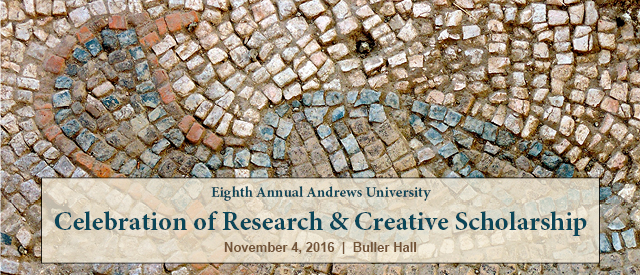P-23 Epistemological Limitations for the Study of Origins
Presenter Status
PhD Student, Theology and Christian Philosophy, SDA Seminary
Preferred Session
Poster Session
Start Date
4-11-2016 2:00 PM
End Date
4-11-2016 3:00 PM
Presentation Abstract
This poster will present some of the epistemological limitations of studying origins both in the theistic and the atheistic model. It will show that there exist a fine (sometimes unperceived) distinction between the data and the interpretation of the data and caution against the confusion of the two (as often happens). It will also point to the fact that, in both models, data will only take the scientist so far. As the scientist goes more and more back in time, closer to the time of origins, the scientist will need to resort to philosophy (which, in turn, will depend on the initial presuppositions made) as the data becomes more and more beyond reach (as, for example, in Weinberg’s “The first three minutes of the Universe” theory). Whatever model of origins is accepted, the scientist needs to be aware that it will have a degree of uncertainty. Ultimately, faith will need to play a larger role than expected in the acceptance of the veracity of the model.
P-23 Epistemological Limitations for the Study of Origins
This poster will present some of the epistemological limitations of studying origins both in the theistic and the atheistic model. It will show that there exist a fine (sometimes unperceived) distinction between the data and the interpretation of the data and caution against the confusion of the two (as often happens). It will also point to the fact that, in both models, data will only take the scientist so far. As the scientist goes more and more back in time, closer to the time of origins, the scientist will need to resort to philosophy (which, in turn, will depend on the initial presuppositions made) as the data becomes more and more beyond reach (as, for example, in Weinberg’s “The first three minutes of the Universe” theory). Whatever model of origins is accepted, the scientist needs to be aware that it will have a degree of uncertainty. Ultimately, faith will need to play a larger role than expected in the acceptance of the veracity of the model.



